The immune system is the body’s guardian—constantly defending against pathogens, toxins, and environmental stress. Yet in the modern world, this system is under continuous pressure. Poor diet, lack of rest, chronic stress, and chemical exposure can leave the immune response sluggish or overactive.
Dr. Sebi taught that the key to immunity isn’t found in pharmaceuticals or synthetic vitamins—it lies in keeping the body clean, mineralized, and alkaline. When the body is free from mucus and toxins, the immune system can do what it was designed to do: protect, repair, and regenerate.
This article explores how alkaline herbs strengthen immunity naturally, how to incorporate them into your daily life, and why consistency—not intensity—is the foundation of lasting health.
The Foundation of a Healthy Immune Response
The immune system depends on three pillars:
-
Clean blood and lymph. These fluids transport nutrients and immune cells throughout the body. When they’re clogged with mucus or acid waste, defense slows down.
-
Mineral balance. Iron, magnesium, zinc, and selenium are vital for white blood cell activity and cellular repair.
-
Rest and hydration. Immunity can’t thrive in a dehydrated, exhausted body.
In Dr. Sebi’s philosophy, the body is self-healing when its internal environment is alkaline. Herbs don’t “fight disease” directly—they support the terrain so the body can restore equilibrium.
How Alkaline Herbs Strengthen Immunity
1. Cleansing the Blood
Herbs like burdock root and dandelion purify the bloodstream, removing waste that interferes with circulation & immune function.
2. Supporting the Lymphatic System
The lymph network is the body’s drainage system. Herbs such as elderberry and ginger help keep lymph fluid moving, reducing stagnation and inflammation.
3. Enhancing Circulation
Better blood flow means immune cells reach every tissue efficiently. Ginger, watercress, and sarsaparilla improve oxygen and nutrient delivery.
4. Reducing Mucus and Acid
Excess mucus traps toxins and suppresses immunity. Alkaline herbs gently dissolve and expel mucus from the lungs, sinuses, and gut.
5. Replenishing Minerals
Unlike synthetic supplements, alkaline herbs deliver minerals in natural ratios the body recognizes. This mineralization strengthens cells against stress and infection.
Top Alkaline Herbs for Immune Health (from Nutritional Guide)
1. Elderberry
One of nature’s most powerful antiviral and antioxidant plants.
-
Stimulates immune response during seasonal changes.
-
Helps clear mucus and congestion.
-
Rich in vitamin C, iron, and anthocyanins.
Use: Brew as tea or syrup daily during colder months.
2. Burdock Root
A deep cleanser that nourishes the blood and liver.
-
Removes toxins that burden the immune system.
-
Provides trace minerals essential for immune cell production.
Use: Decoction (simmered root tea) once or twice daily.
3. Dandelion Root and Leaf
A mild diuretic and liver tonic.
-
Flushes acidic waste from the bloodstream.
-
Supports the digestive system—70% of immune function originates in the gut.
Use: Brew leaves as tea; simmer roots for a deeper cleanse.
4. Ginger
Stimulates circulation and warms the body.
-
Opens sinuses, reduces mucus, and supports digestion.
-
Natural anti-inflammatory and antibacterial action.
Use: Fresh tea daily; pairs well with key lime or burdock.
5. Watercress
A living green rich in chlorophyll and iron.
-
Strengthens red blood cells and supports oxygen delivery.
-
Natural expectorant for respiratory health.
Use: Eat fresh in salads or juice with cucumber and key lime.
6. Chamomile & Tila (Linden Flower)
Gentle nervines that calm the body and reduce stress—a major factor in immune suppression.
Use: Evening tea or infusion before bed.
7. Sea Moss
Mineral powerhouse containing iodine, zinc, and potassium.
-
Soothes mucous membranes.
-
Promotes hydration and cellular repair.
Use: 1–2 tablespoons of gel in smoothies or teas daily.
Combining Herbs for Synergistic Effect
Herbs work best when combined in balanced formulations that cleanse, nourish, and fortify at once.
Immune Support Tea Blend
-
1 part elderberry
-
1 part burdock root
-
½ part ginger
-
½ part dandelion root
Instructions: Simmer for 15 minutes, strain, and drink twice daily.
Calming & Restorative Night Blend
-
1 part chamomile
-
1 part tila (linden flower)
-
½ part ginger or watercress (for gentle detox overnight)
These blends can be rotated weekly or adjusted seasonally—stronger in winter, lighter in summer.
Herbal Formulas vs. Synthetic Supplements
Dr. Sebi opposed isolated chemical supplements, explaining that synthetic vitamins lack the natural synergy found in plants. For example:
-
Vitamin C from elderberry comes with flavonoids that enhance absorption.
-
Iron from burdock and dandelion is plant-based and bioavailable.
-
Magnesium and potassium from sea moss regulate immune signaling naturally.
The body doesn’t just need nutrients—it needs balance. Alkaline herbs provide this by feeding the whole system, not isolating parts.
Integrating Herbs Into Your Daily Routine
Morning:
-
Warm ginger or burdock tea to activate digestion and circulation.
-
Sea moss smoothie with berries and watercress for minerals and antioxidants.
Midday:
-
Dandelion or elderberry tea to cleanse and energize.
-
Add watercress to lunch salads or soups.
Evening:
-
Chamomile and tila infusion to calm nerves and promote restorative sleep.
Consistency is key. Herbs are not quick fixes—they gradually rebuild the system from within.
Lifestyle Practices That Enhance Herbal Immunity
-
Hydration – Spring water helps herbs circulate and toxins flush out.
-
Rest – Sleep allows immune cells to regenerate.
-
Movement – Gentle exercise keeps lymph moving.
-
Stress Management – Herbal teas, meditation, and breathwork lower cortisol.
-
Avoid Acidic Foods – Dairy, refined sugar, and processed grains create mucus and weaken immune defense.
Understanding Detox Reactions
As herbs begin cleansing the blood and lymph, mild symptoms may appear—fatigue, mucus release, or skin eruptions. These are signs of the body eliminating stored waste.
Dr. Sebi referred to this as “the healing crisis.” The key is to stay hydrated, rest, and continue with gentle herbs rather than stopping entirely. Once the waste is expelled, energy and immunity rise noticeably.
FAQs
Q: Can I take immune herbs every day?
A: Yes, tonic herbs like burdock, elderberry, and ginger are safe for daily use. Strong detoxifiers should be cycled periodically.
Q: Are herbs safe during illness?
A: Absolutely. During flu or infection, increase hydration, rest, and herbs that reduce mucus and inflammation (elderberry, ginger, sea moss).
Q: How long before I notice stronger immunity?
A: With daily use, most people report improved energy, reduced congestion, and fewer seasonal symptoms within 2–4 weeks.
Q: Can I use these herbs alongside medications?
A: Most alkaline herbs are gentle, but if you’re on medication, consult a natural health professional before combining them. If you choose to use both, we suggest taking the herbs first, waiting an hour, and then consuming the medication.
Dr. Sebi’s Perspective
Dr. Sebi’s view of the immune system was rooted in purity and energy flow. He believed the body becomes vulnerable when it’s filled with waste and deprived of minerals. To him, disease could not thrive in a clean, alkaline environment.
He prescribed herbal compounds not to attack illness, but to restore order. The immune system, he said, is nature’s greatest healer—herbs merely remove the obstacles that prevent it from working.
His immune-boosting protocols typically included combinations of burdock, elderberry, sea moss, and dandelion—paired with fasting and hydration to amplify results.
Conclusion
Supporting immunity isn’t about stimulating the body—it’s about restoring its natural rhythm. Alkaline herbs like elderberry, burdock, ginger, watercress, dandelion, and chamomile cleanse, nourish, and fortify the system from within.
By combining these herbs with hydration, rest, and an alkaline diet, we align with the body’s innate wisdom. As Dr. Sebi taught, alkalinity can only occur through natural herbs. A strong immune response is not built in crisis—it’s cultivated daily through living, plant-based nourishment.

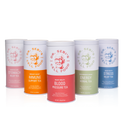
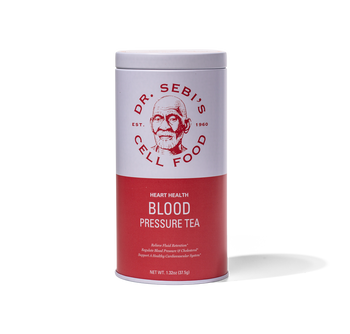
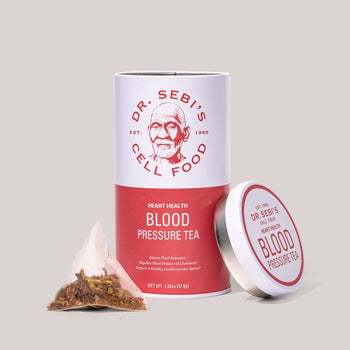
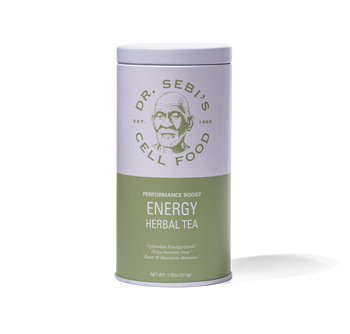
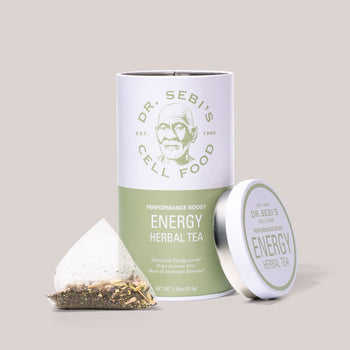
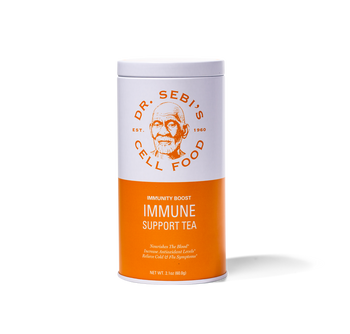
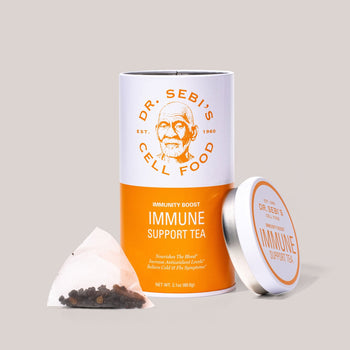
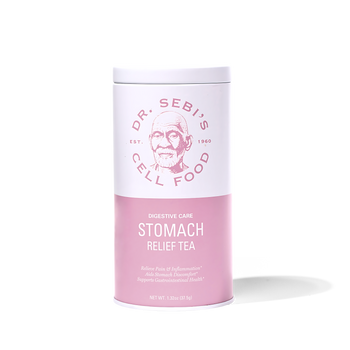
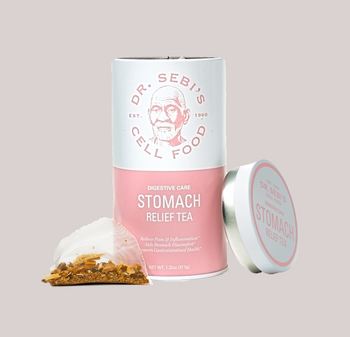
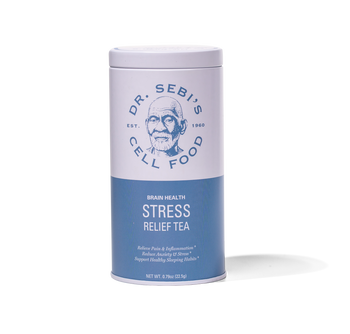

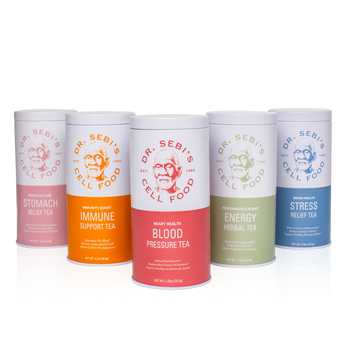 Liquid error (snippets/card-product line 54): invalid url input
Liquid error (snippets/card-product line 54): invalid url input
















































